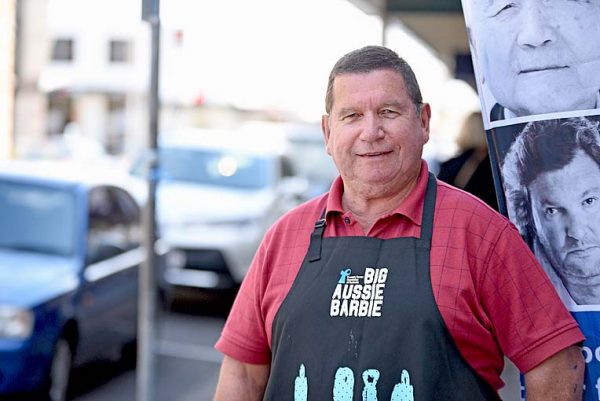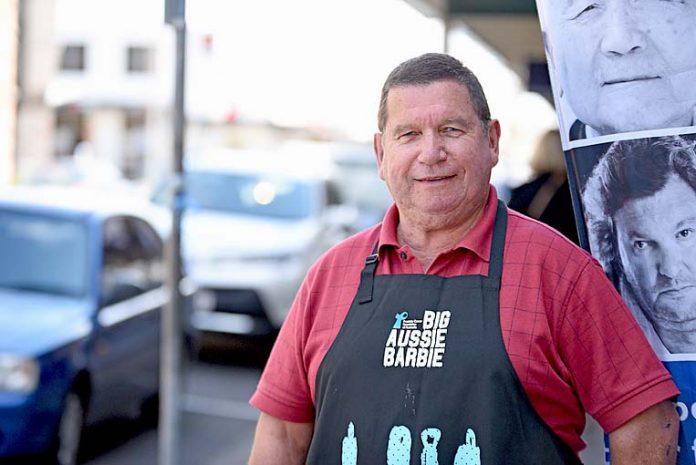
A SNAPSHOT of cancer statistics reveals Mount Gambier residents have a higher excess risk of dying from prostate, kidney and bowel cancer compared with the national average.
These figures were released as part of the Cancer Council’s cutting-edge interactive digital atlas, which is available to residents on the internet.
While the Blue Lake city had lower than average rates for some cancers, the research shows kidney cancer death rates were 24pc higher.
The disparity also included the city’s bowel cancer excess risk of dying rate, which was 17pc higher than the national statistics.
Figures for excess risk of death from prostate cancer were also 12pc above the national average.
Residents are urged to reduce their risk of cancer by maintaining a healthy weight, reduce alcohol intake, exercise, eat a healthy diet and undertake regular medical checks.
Mount Gambier prostate cancer survivor Ian Minge yesterday described his cancer diagnosis as an “awful shock”.
Given the higher rates of some cancers in the city, he urged people to watch out for symptoms and seek medical advice as soon as possible.
Mr Minge was one of the cancer survivors who helped serve at a barbecue yesterday outside Member for Barker Tony Pasin’s Mount Gambier electorate office, which raised money for prostate cancer research.
“I had symptoms which is a thing that every bloke needs to look out for,” Mr Minge said.
“You sort of think to yourself you really do not want to know about it, but it is most important you do get it looked at straight away so if there is a problem you can get on top of it.”
He said public events such as the barbecue – which was jointly organised by the Limestone Coast Prostate Cancer Support Group in Mount Gambier yesterday – aimed to encourage “every bloke to get checked”.
“Prostate cancer can be really bad and as soon as I went to the doctor it just snowballed,” Mr Minge explained.
“It is an awful shock when you get diagnosed and it is not easy to accept, but you know if you do not get on with the job you will have more problems.”
He said he was now in remission and had a 12 month routine check.
Country Health SA yesterday welcomed any research that provided health practitioners and clinicians with useful and potentially valuable insight into cancer incidence and survival rates across the state.
“Mount Gambier Hospital offers a range of cancer services, including oncology and chemotherapy services,” a spokesperson said.
“The chemotherapy unit in Mount Gambier is one of three in country South Australia that provides both moderate and low complexity chemotherapy treatment.”
There are also weekly clinics at Mount Gambier Hospital with the medical oncologist as well as telehealth services, which enable patients to undergo medical consults closer to home.
“In conjunction with Flinders University and Flinders Medical Centre, Country Health SA was recently awarded a grant which will enhance cancer trial options for regional patients in the future,” the spokesperson said.
Cancer Council Queensland chief executive officer Chris McMillan said the charity was proud to launch the Australian Cancer Atlas in an effort to advance cancer control nationally.
“In 2018, an estimated 138,000 Australians will be diagnosed with cancer, but we know some people face greater risks of diagnosis and death than others, due to a mix of lifestyle, behaviour, genetics and other unknown factors,” Ms McMillan said.
However, it is important to remember local cancer trends will not necessarily reflect your own cancer risk.
Cancer excess deaths rates show the risk of dying from the cancer within five years of diagnosis.








